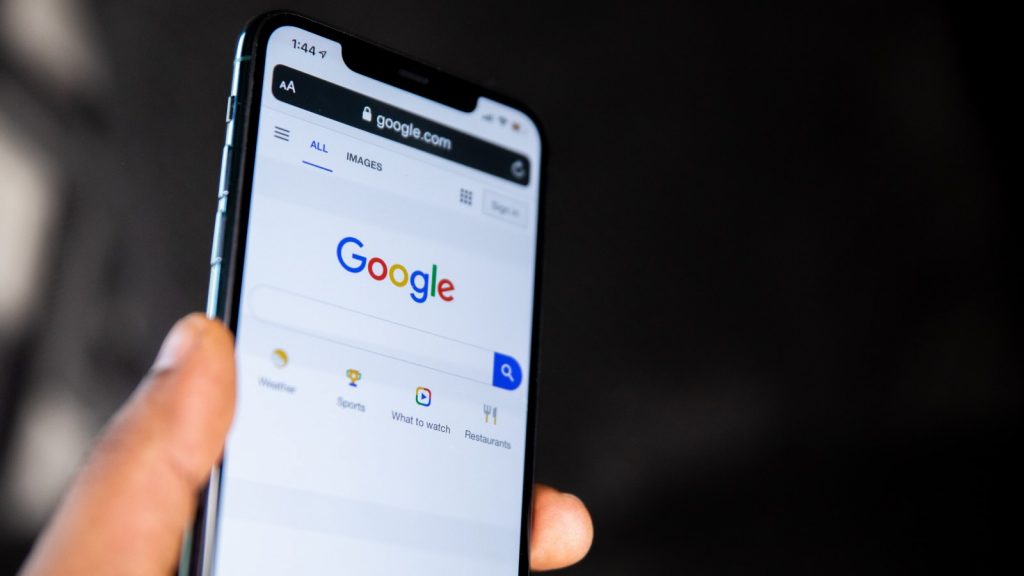Google will be supporting this year’s South African electoral process to ensure fair play against misinformation and disinformation.
While technology maintains a crucial role in safeguarding several tactics such as online abuse, deceit, misinformation, and the like, Google will be stepping in to assist in protecting voters, political candidates, and campaigns against such issues to ensure a smooth and coherent 2024 electoral season.
No ad to show here.
This year, the country will be administering the 7th democratic elections on May 29 to mark South Africa’s 30th democratic anniversary.
From Google’s desk, Abongile Mashele: Head of Government Affairs and Public Policy at Google elaborates on how Google will be committed to organizing the world’s information to make it universally accessible.
“We’ll also do this work with an increased focus on the role artificial intelligence (AI) might play.”
Google’s input will include
Connecting people to reliable and trustworthy information
During elections, both seasoned and new voters in South Africa will be actively seeking information about various candidates, voting locations, and campaign agendas. Google will be placing several measures to make it easy for users to find exactly what they need.
Search
When people search for topics like “how to vote,” they will find information about ID requirements, voting stations, and more — linking to authoritative sources from our partners such as the Electoral Commission of South Africa (IEC).
YouTube
When voters search for election-related topics, YouTube’s recommendation system prominently surfaces election content in search results, the homepage, and the watch next panel.
Human reviewers and machine learning technology will detect, review, and remove content that violates our policies.
Ads
All advertisers who wish to run election ads in South Africa must complete an identity verification process and display an in-ad disclosure that clearly shows who paid for the ad.
Google will limit the targeting of election ads to the following general categories: age, gender, and general location (postal code level). All election ads will be published in our Political Ads Transparency Report, where anyone can look up information such as how much was spent and how many impressions were received.
Security tools
Free services like Advanced Protection Program and Project Shield, provide unlimited protection against Distributed Denial of Service (DDoS) attacks.
Training
In collaboration with IEC, Google will introduce representatives of political parties to their elections integrity work including product policies, recommended security protocols as well as reporting and removal processes for harmful and illegal content.
Enforcing our policies
Google will be enforcing long-standing policies that inform how they approach areas like manipulated media, hate and harassment, and incitement to violence.
Establishing a fact-checking coalition with South African media
Google is funding a fact-checking coalition led by Africa Check with South African media which works together to fact-check claims made by political parties, provide voters with reliable, non-partisan information on key issues, and equip the public with the skills they need to identify election misinformation.
Africa Check is also supporting national and local media with election reporting training and workshops.
News publisher workshops
Google will be offering workshops to help news partners to optimize their YouTube presence during the election period, including how to utilize YouTube tools and understand platform guidelines, along with strategies for election coverage on YouTube.
Google remains committed to informing voters by surfacing high quality information, protecting our platform from bad actors, as well as assisting campaigns in managing their security and digital presence.
Also read: Shenzhen China’s investment promotion conference launches eKit brand
